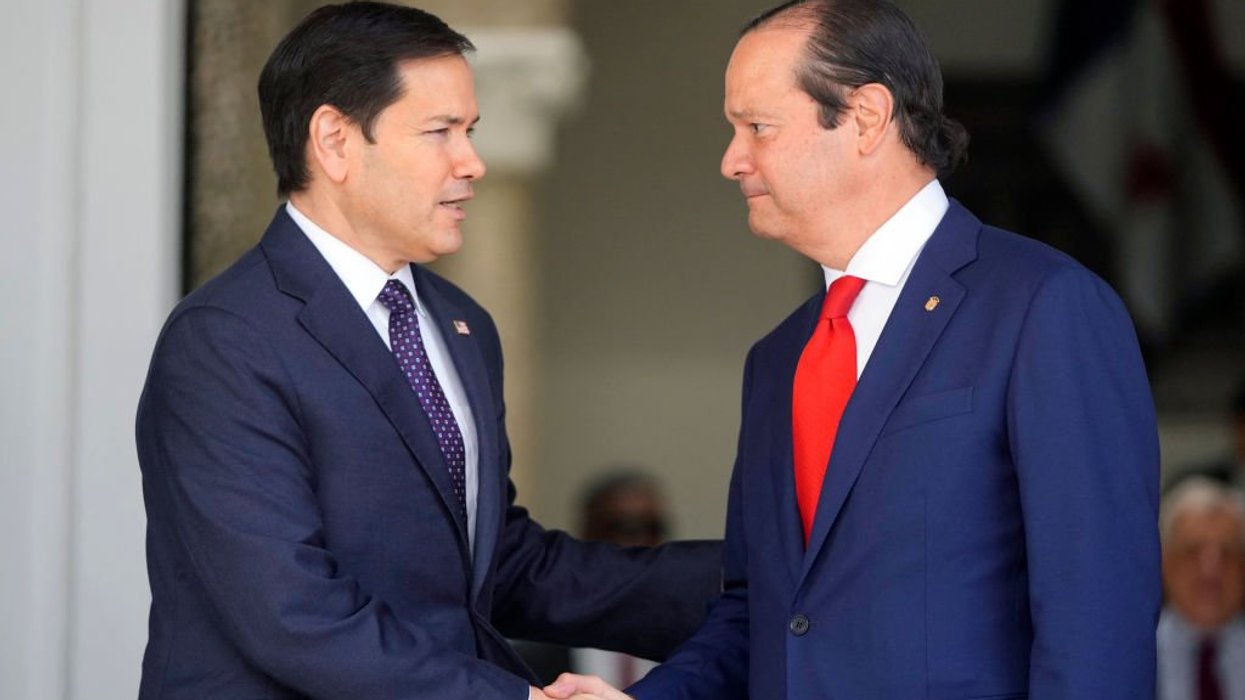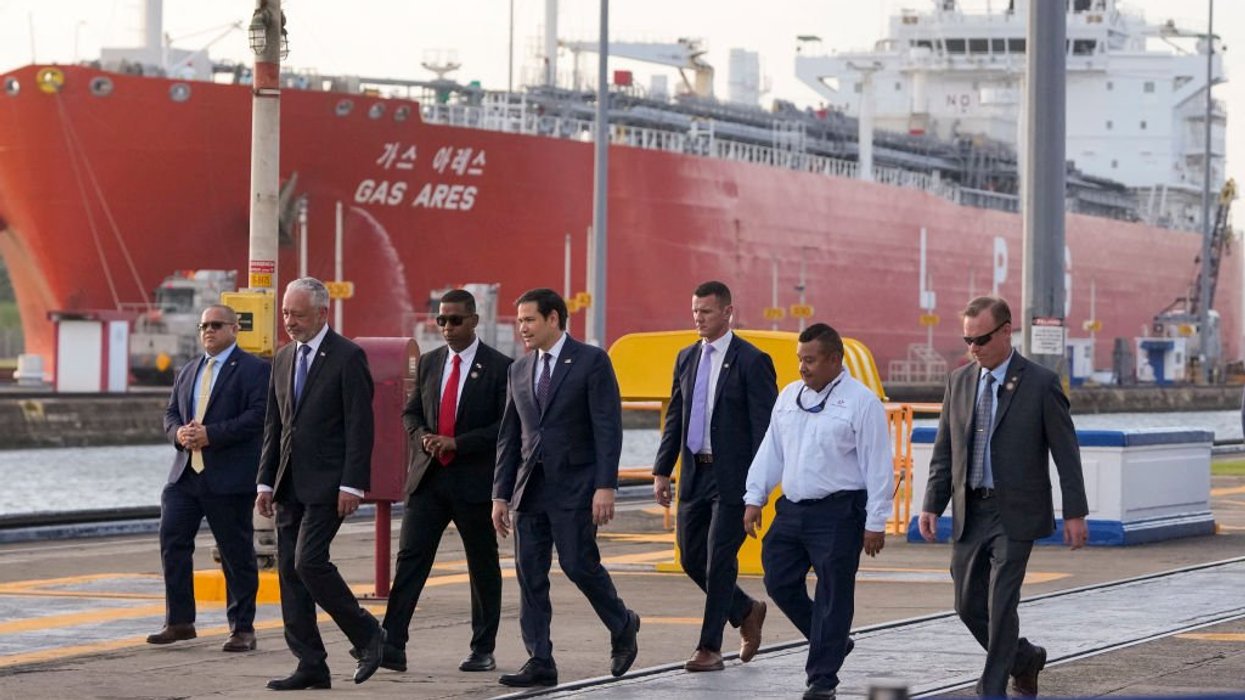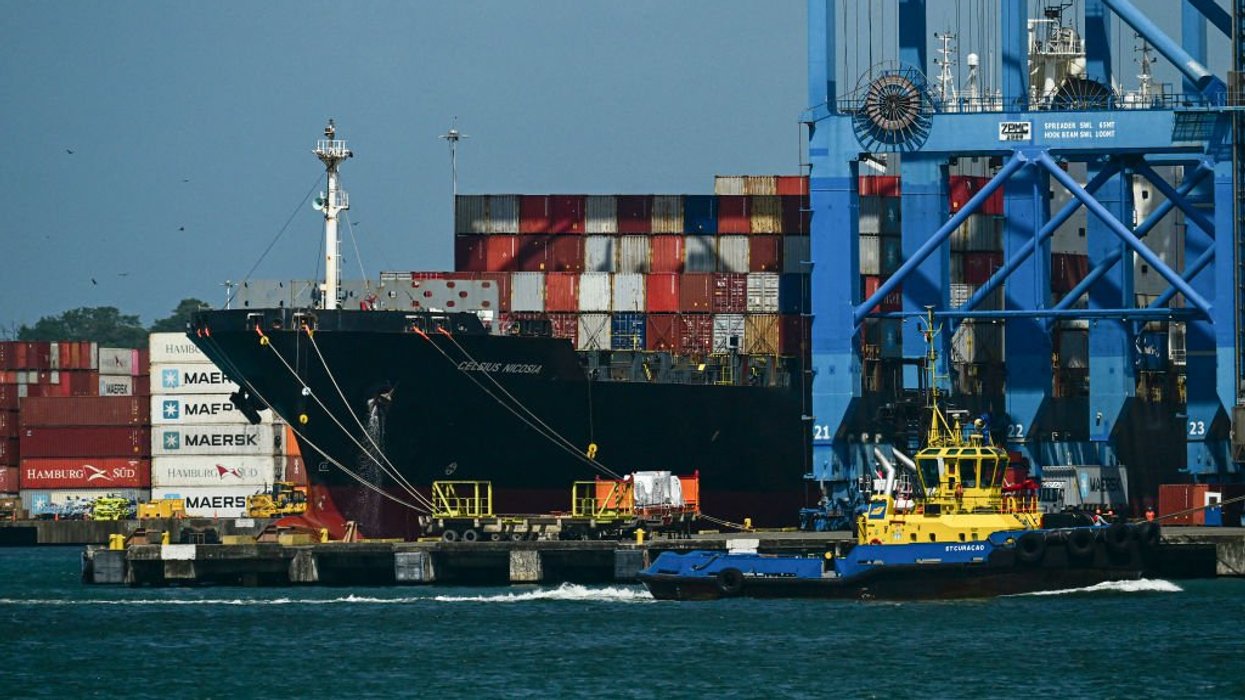Artificial intelligence isn’t coming. It’s here. The future we once speculated about is no longer science fiction—it’s reality. Every aspect of our lives, from how we work to how we think, is about to change forever. And if you’re not ready for it, you’re already behind. This isn’t just another technological leap. This is the biggest shift humanity has ever faced.
The last call before the singularity
I've been ringing this bell for 30 years. Thirty years warning you about what’s coming. And now, here we are. This isn’t a drill. This isn’t some distant future. It’s happening now. If you don’t understand what’s at stake, you need to wake up—because we have officially crossed the event horizon of artificial intelligence.
What’s an event horizon? It’s the edge of a black hole—the point where you can’t escape, no matter how hard you try. AI is that black hole. The current is too strong. The waterfall is too close. If you haven’t been paying attention, you need to start right now. Because once we reach Artificial Super Intelligence (ASI), there is no turning back.
You’ve heard me talk about this for decades. AI isn’t just a fancy Siri. It isn’t just ChatGPT. We are on the verge of machines that will outthink every human who has ever lived—combined. ASI won’t just process information—it will anticipate, decide, and act faster than any of us can comprehend. It will change everything about our world, about our lives.
And yet, the conversation around AI has been wrong. People think the real dangers are coming later—some distant dystopian nightmare. But we are already in it. We’ve passed the point where AI is just a tool. It’s becoming the master. And the people who don’t learn to use it now—who don’t understand it, who don’t prepare for it—are going to be swallowed whole.
I know what some of you are thinking: "Glenn, you’ve spent years warning us about AI, about how dangerous it is. And now you’re telling us to embrace it?" Yes. That’s exactly what I’m saying. Because if you don’t use this tool—if you don’t learn to master it—then you will be at its mercy.
This is not an option anymore. This is survival.
How you must prepare—today
I need you to take AI seriously—right now. Not next year, not five years from now. This weekend.
Here’s what I want you to do: Open up one of these AI tools—Grok 3, ChatGPT, anything advanced—and start using it. If you’re a CEO, have it analyze your competitors. If you’re an artist, let it critique your work. If you’re a stay-at-home parent, have it optimize your budget. Ask it questions. Push it to its limits. Learn what it can do—because if you don’t, you will be left behind.
Let me be crystal clear: AI is not your friend. It’s not your partner. It’s not something to trust. AI is a shovel—an extremely powerful shovel, but still just a tool. And if you don’t understand that, you’re in trouble.
We’ve already seen what happens when we surrender to technology without thinking. Social media rewired our brains. Smartphones reshaped our culture. AI will do all that—and more. If you don’t take control now, AI will control you.
Ask yourself: When AI makes decisions for you—when it anticipates your needs before you even know them—at what point do you stop being the one in charge? At what point does AI stop being a tool and start being your master?
And that’s not even the worst of it. The next step—transhumanism—is coming. It will start with good intentions. Elon Musk is already developing implants to help people walk again. And that’s great. But where does it stop? What happens when people start “upgrading” themselves? What happens when people choose to merge with AI?
I know my answer. I won’t cross that line. But you’re going to have to decide for yourself. And if you don’t start preparing now, that decision will be made for you.
The final warning—act now or be left behind
I need you to hear me. This is not optional. This is not something you can ignore. AI is here. And if you don’t act now, you will be lost.
The next 18 months will change everything. People who don’t prepare—who don’t learn to use AI—will be scrambling to catch up. And they won’t catch up. The gap will be too wide. You’ll either be leading, or you’ll be swallowed whole.
So start this weekend. Learn it. Test it. Push it. Master it. Because the people who don’t? They will be the tools.
The decision is yours. But time is running out.
The coming AI economy and the collapse of traditional jobs
Think back to past technological revolutions. The industrial revolution put countless blacksmiths, carriage makers, and farmhands out of business. The internet wiped out entire industries, from travel agencies to brick-and-mortar retail. AI is bigger than all of those combined. This isn’t just about job automation—it’s about job obliteration.
Doctors, lawyers, engineers—people who thought their jobs were untouchable—will find themselves replaced by AI. A machine that can diagnose disease with greater accuracy, draft legal documents in seconds, or design infrastructure faster than an entire team of engineers will be cheaper, faster, and better than human labor. If you’re not preparing for that reality, you’re already falling behind.
What does this mean for you? It means constant adaptation. Every three to five years, you will need to redefine your role, retrain, and retool. The only people who survive this AI revolution will be the ones who understand its capabilities and learn to work with it, not against it.
The moral dilemma: When do you stop being human?
The real danger of AI isn’t just economic—it’s existential. When AI merges with humans, we will face an unprecedented question: At what point do we stop being human?
Think about it. If you implant a neural chip that gives you access to the entire internet in your mind, are you still the same person? If your thoughts are intertwined with AI-generated responses, where do you end and AI begins? This is the future we are hurtling toward, and few people are even asking the right questions.
I’m asking them now. And you should be too. Because that line—between human and machine—is coming fast. You need to decide now where you stand. Because once we cross it, there is no going back.
Final thoughts: Be a leader, not a follower
AI isn’t a passing trend. It’s not a gadget or a convenience. It is the most powerful force humanity has ever created. And if you don’t take the time to understand it now, you will be at its mercy.
This is the defining moment of our time. Will you be a master of AI? Or will you be mastered by it? The choice is yours. But if you wait too long, you won’t have a choice at all.
Editor's Note: This article was originally published on TheBlaze.com.








